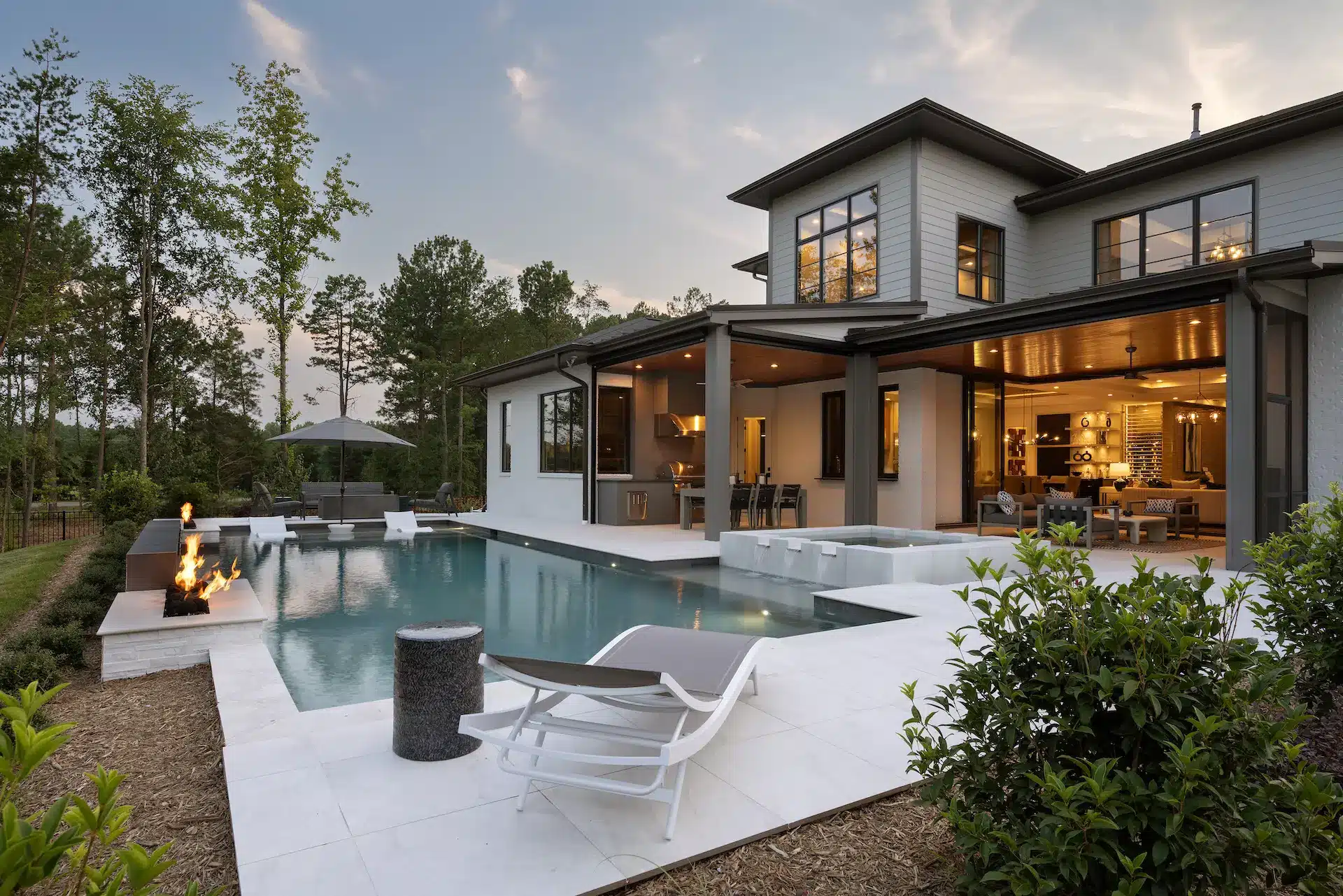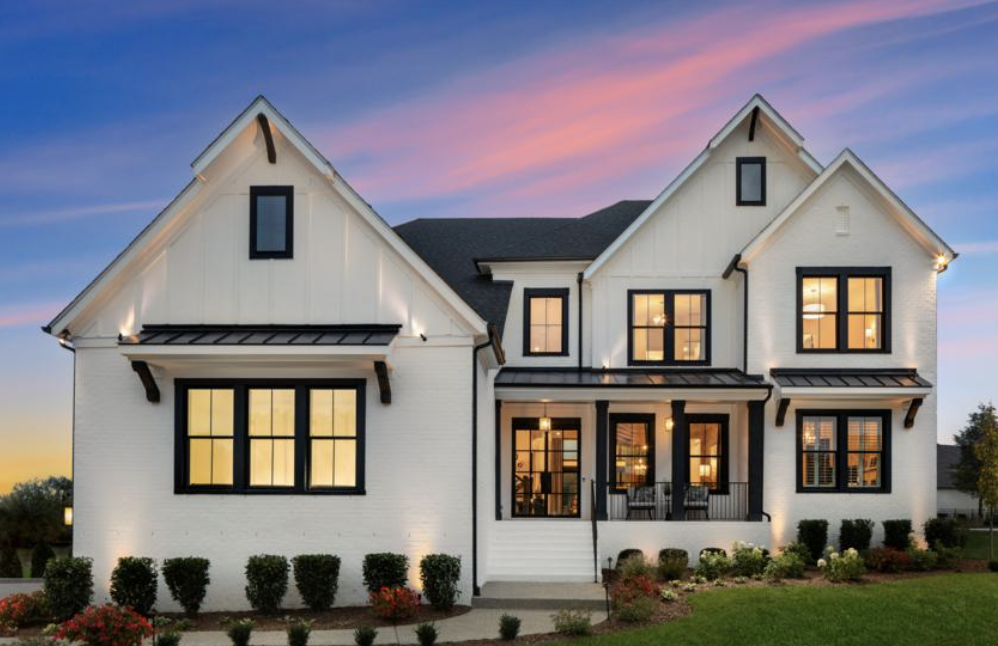
Before buying a residential or commercial property in the UK, understanding the kind of residential or commercial property
ownership - whether it's freehold or leasehold - is necessary. These terms may sound like legal jargon, but they can affect your duties, expenses and long-term plans.
In this guide, we'll explore the nitty-gritty of freehold and leasehold residential or commercial properties, so you don't have to. We'll explore everything from what they mean, their benefits to how they differ in terms of expenses, resale value and legalities.

What is a freehold?
In simple terms, if you own a residential or commercial property on a
freehold basis, you own the building and the land it sits on. There's no time at all limitation on your ownership, and it's all yours.
Responsibilities of a freeholder
Being a freeholder comes with exciting advantages! You're essentially the captain of your residential or commercial property ship which suggests you are
accountable for the upkeep of the residential or commercial property and the land. You likewise have the freedom to make upgrades to your pad without needing authorization from a landlord. It's your area to shine!
What is a
leasehold?
Having a leasehold indicates you own the residential or commercial property but not the land it's constructed on. You have a lease with the freeholder (usually a 'property owner') for a number of years, decades or even centuries. The length of the lease is essential, as it can impact your
capability to offer the residential or commercial property in the future.
Responsibilities of a leaseholder
As a leaseholder, you may need to pay ground lease to the freeholder, as well as other charges like service charge for maintenance of typical locations. You might be limited in what
modifications you can make to your home.
Types of leasehold residential or commercial properties
Typically, flats and maisonettes are offered as
leasehold residential or commercial properties. Some houses can likewise be leasehold, usually through shared ownership schemes. But ensure to
examine the length of the lease when thinking about these types of residential or commercial properties.
Differences in between freehold and leasehold
Ownership of land - in freehold, you own the land, whereas in leasehold, the land belongs to somebody else. This distinction is one of the main differences and frequently a game-changer for lots of property buyers.
Duration of ownership - picture freehold ownership as an unlimited adventure; it continues. But when you opt for a leasehold, it's more like a Netflix subscription; you've got it for a specific time, which will be specified in your lease arrangement.
Costs included - leasehold homes typically come with additional costs, like service fee and ground rent. These can be things like recurring costs that appear annually or bi-annually. It's possible that they may even sneak up gradually.
Resale worth - a freehold residential or commercial property normally has a greater resale worth compared to a leasehold with a short lease. The shorter the lease, the harder it might be to offer the residential or commercial property or protect a mortgage.
Buying a
freehold share
If you're a leaseholder, you have the choice to purchase a share of the freehold. This procedure is referred to as 'enfranchisement' and it implies you have more control over the residential or commercial property.
Bear in mind - you'll need a minimum of half of the leaseholders in the structure to agree to purchase a share. This can be an intricate process including legal costs, so it's important to speak with the experts.
Alternative options: commonhold residential or commercial properties
Ever heard of commonhold? It's a kind of residential or commercial property ownership where you and your fellow property owners each own your own little slice of the pie, which might be a cosy flat in a building for instance. The only distinction here is that you all come together as a team to own and take care of the shared locations.
Think about it as a more democratic lifestyle. And think what? There's no proprietor in the picture! It's everything about house owners working together to keep things running smoothly. This idea is reasonably new in the UK, but it's getting steam bit by bit.
Extending the lease on a leasehold residential or commercial property
If you own a leasehold residential or
commercial property, you can extend the lease at any time. However, when you've owned your home for two years, you have the legal right to extend your lease by 90 years. The expense for this can differ and is subject to settlement with the freeholder.
It is very important to begin this process well before your lease goes out to avoid any complications or higher expenses.
Should I buy a leasehold or freehold residential or commercial property?
So, now that you comprehend the distinction between freehold and leasehold residential or commercial properties when purchasing a home in the UK - which one is the one for you? Let's take a look at a few of the primary pros and cons to get a better picture.
Advantages of owning a freehold residential or commercial property
No lease to go out: among the most substantial advantages is that you do not need to stress about the lease going out, as you own the residential or commercial property outright.
No ground rent or service fee: freeholders don't have to pay additional costs like ground lease or service charges, which can include up gradually.
Full control: you have complete control over the residential or commercial property, allowing you to make any changes or improvements without requiring approval.
Potentially simpler resale: In numerous cases, it's easier to offer a
freehold as there is no lease that can impact asking price and mortgage rates.
Disadvantages of owning a freehold residential or commercial property
Typically more costly: as you're purchasing the entire plan, freeholds are usually more pricey than leaseholds to purchase.
More obligation: When you're the freeholder, you're responsible for any upkeep or development costs for the residential or commercial property.
Advantages of owning a leasehold residential or commercial property
Typically more affordable: You'll discover that freehold residential or commercial properties are generally cheaper to buy than leasehold residential or commercial properties.
No responsibility for maintenance of the structure: General upkeep is the responsibility of the freeholder.
No responsibility for maintenance of communal centers: Any work needed for the communal facilities falls within the responsibility of the freeholder.
Disadvantages of owning a leasehold residential or commercial property

Limited ownership: As a leaseholder, you don't have the exact same ownership rights and alternatives as the freeholder. You're successfully renting from them.
Lease can run down: While numerous leases are long, it's possible for them to diminish. They can be restored, however at an extra expense.
May need to pay ground rent and service charge: You may require to pay the freeholder service charges as a leaseholder.
Require approval to make changes: As a leaseholder, you might need to look for the composed approval of the freeholder before making changes to the residential or
commercial property.
Can be harder to sell: Generally speaking, the closer a leasehold is to running down, the harder a sale can be for a leaseholder.
While both have their pros and cons, think about the reality that your option will depend upon your long-lasting plans, monetary circumstance and the type of residential or commercial property you've got your eyes on. It's always smart to get guidance from legal advisors and the residential or commercial property pros so that you can be confident you've made the most intelligent decision.